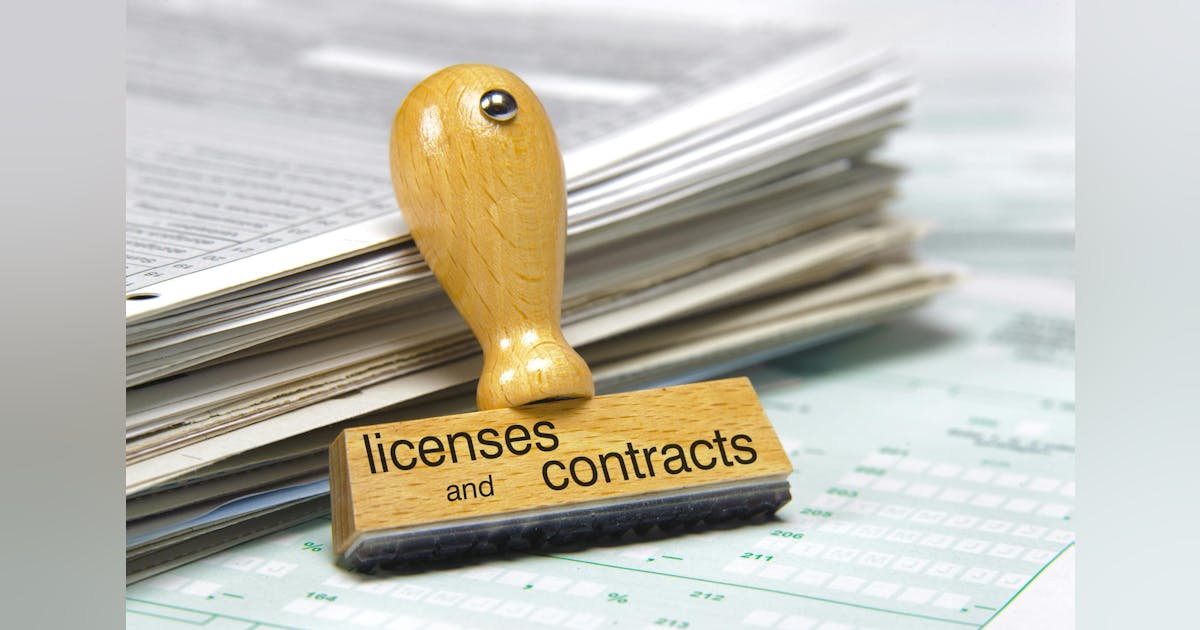ℹ️
I'm not a telecommunications expert. My latest gig in telecommunications was to design and implement data transfer protocols for Turkish state's meteorological service 30 years ago. These are mostly my ramblings as a consumer.
It's strange to me that the carriers are foregoing the long term benefits by acting only for the short term. Take phone calls for example: after months of getting spam calls, I now have all my calls on silent for numbers that aren't in my contacts.
 This setting has the most peace/price ratio for iPhone.
This setting has the most peace/price ratio for iPhone.I understand that fighting spam isn't straightforward, it probably needs regulatory support at the same time, but I have an inkling that it makes carriers substantial amount of money too. That might be why we don't see cellular carriers lobbying for more regulation for spam, if regulation is what we're missing.
I can't even properly identify a number that isn't in my contacts list. We've had "Caller ID" for how many years now, how many decades? There's just no reliable way. Apple sometimes says "Maybe Spam", thankfully. Oftentimes, I just see "Louisville, KY", "Cedar Falls, IA", or another random city and state combination.
I don't call people using my phone anymore unless that's the only way to contact them. The voice quality is lackluster, the international call fees are exorbitant. I use a third-party app like Signal, Whatsapp, or whatever.
I buy a temporary cheap eSIM instead of using my own carrier whenever I travel abroad now because the roaming costs are astronomical. Really, cheap eSIMs themselves prove that how expensive roaming is priced. AT&T charges $12/day for international roaming while an eSIM (data-only) in a foreign country with 50GB limit costs at most $25/month. That kind of gap is just inexplicable to me.
Data-only isn't a hindrance anymore anyway. It's just another push to make me use third party apps instead of phone calls and texting. Cellular carriers are just abandoning their own technological holds with their pricing model. Why does WiFi calling cost extra when you're abroad? The connectivity cost is paid by whoever provides the Internet through ISP infrastructures, not cellular operators. Why do cellular operators charge you for it?
Cellular operators are losing their edge over a cheap data-only eSIM + Whatsapp.
That sounds like the opposite of the path that benefits all parties the most according to the game theory. It feels more like all parties racing to the bottom.
 Remember the game theory thread?
Remember the game theory thread?Because carriers have been too hesitant to let go of their revenue from SMS (I still remember "limited number of messages", "pay per message", "credit top-ups", and so forth), their pushback against higher messaging standards like RCS, we're now used to use Signal, Whatsapp, or a similar app to message people. The only reply we use to an SMS is "STOP" now.
The whole carrier pricing is based on a profit model that doesn't make sense to the consumer. I can call my cellular provider today, tell them I'm cancelling, and they'll immediately make a 20% discount to my plan. That means competition relies on inertia of their customers instead of the added value or competitive pricing. I thought free market would boost innovation. What happened to it?
Cellular operators are slowly becoming expensive network outlets that just transfer packets over the air while they could have been setting an example defining how they improve everyone's lives. Instead, they stagnated, and they are now stale.
RCS was the bare minimum improvement over SMS. It was first launched in 2007, but US carriers could only come to an agreement to use an improved messaging standard in 2019. Apple implemented RCS on iOS 18 which was the version before iOS 26, mind you.
How long until cellular carriers become obsolete?
How long until base stations are replaced with satellites?
 Consider again that dot. That's here. That's home. That's us.
Consider again that dot. That's here. That's home. That's us.Satellites are great for outdoor communication, as Apple, Google, and Samsung have already integrated it for emergency messaging for where there is no coverage. I think what that says is that the picture is getting inverted. We'll have coverage everywhere outdoors thanks to satellites, and our houses will be the only place we lack coverage. And for that last mile, people will come up with a solution like WiFi calling.
Why will we need cellular operators then? We all know that base stations are quite fragile. In a disaster, they stop working. That's mostly because they're smaller, more energy efficient devices with only limited capacity while each Starlink satellite can serve 1Tbps. It's also quite straightforward to upgrade satellite based networks: there are no replacement costs because they constantly have to be replaced anyway.
Satellites aside, there are ongoing efforts to create mesh networks independent of cellular towers like Meshtastic. They are obviously nowhere near to cellular or satellite networks in terms of throughput, but it's a definitive sign that people desire alternative ways of connectivity because the mainstream services are unfairly priced.
This happened with cable TV monopolies. They tried to sell you bundles of 200 ad-ridden TV channels, and lousy Internet speeds. Then, Netflix came and freed people from the hegemony of cable. Now, cable providers are trying to sell streaming packages with lousy Internet speeds while local Internet providers like Sonic can give you unlimited 10gigabit Internet for $49.99. See the inexplicable gap?
ℹ️
I'm not affiliated with Sonic, or any other brand, and this isn't an ad. I'm not even a Sonic customer because they won't bother with some conduit permission to my home. It just happened to be an affordable ISP nearby.
I see a similar fossilization happening with cellular providers. They once revolutionized accessibility and telecommunications. But now, their business model feels exploitative and their innovation cycle seems to have stopped.
"All this has happened before, and all this will happen again" --StarbuckThink about the future we could have if cellular providers had championed improving lives. Roaming and international call fees would be affordable, or perhaps non-existent. Wifi calling would be free. Spam would be managable like how it's with email. Messaging would be functional and easy to use like all other apps. Cellular communications would feel safe, frustration-free, and indispensable.
Instead, phones are becoming modems, and cellular towers are becoming landlines.
Maybe that's inevitable. Maybe that's what's supposed to happen. Maybe cellular operators do want to turn into ISPs because that business is more lucrative. But, if their wish comes true, they'll find themselves competing with 10gigabit for $49.99, and scrambling to bundle Netflix with their outdated infrastructure.
.png)



